Washington, Oct 20, (V7N) – Vice President Kamala Harris is counting on the influence of former President Barack Obama to engage Black male voters, a crucial demographic for her campaign. In a recent event in Pittsburgh, Obama voiced concerns about the lack of enthusiasm among Black men for Harris, warning that it could dampen voter turnout.
Addressing a group of Black men, Obama asked if they planned to sit out the upcoming election, suggesting that misogyny may cloud their judgment and allow former President Donald Trump to gain traction within a vital segment of Harris’ support base. “She knows you,” Obama reminded them. “She went to college with you. She is presenting concrete proposals to tackle issues like housing and healthcare.”
Obama’s remarks underscored growing unease among voters and activists that Harris has not sufficiently engaged Black men since President Joe Biden withdrew from the race. Black men represent a core constituency for the Democratic Party, and while polls show strong support for Harris, even slight declines in their backing could prove pivotal in battleground states like Michigan, Pennsylvania, and North Carolina.
In response, Harris has intensified her outreach, unveiling an economic agenda specifically for Black men, which builds on her previous work as vice president. This includes a commitment to legalize recreational marijuana and provide forgivable small business loans.
Her campaign efforts have included visits to Black-owned businesses and discussions with African American men, culminating in a planned rally in Atlanta featuring singer Usher.
Supporters like Gregory Hannah-Jones, 38, from Atlanta, believe Obama’s intervention was crucial. “What Obama did was necessary—a jolt for Black male voters,” he said, highlighting the complementing efforts by Harris.
Harris has long sought to improve her standing with Black men, holding listening sessions that addressed issues like entrepreneurship and housing affordability. However, her broader economic proposals initially overlooked specific outreach to this demographic.
Critics note that while Harris has recently announced targeted initiatives, her campaign needs to effectively communicate her plans to counter the sentiments expressed by some voters who feel disillusioned. As David Lawton, 42, a lifelong Democrat from Michigan, remarked, “I feel like she’s going to drop the ball. I hope she doesn’t.”
Despite these concerns, polls indicate Harris maintains substantial support among Black voters. In a recent survey, 78% of likely Black voters backed her, with 70% of Black men expressing their intention to vote for her. However, her support lags behind Biden's 2020 numbers, and Trump’s appeal, particularly among younger Black men, presents a challenge.
Trump’s campaign has actively sought to undermine Harris’ support, framing her recent outreach efforts as too little, too late. Meanwhile, Harris has intensified her focus on policies that resonate with Black communities, including initiatives related to health equity and apprenticeships.
Experts suggest that the challenge for Harris extends beyond just competing against Trump; it involves motivating a segment of the electorate that may feel politically disengaged. Activists emphasize the importance of addressing the specific needs of Black men and ensuring that they see tangible benefits from Harris’ proposed policies.
As the election approaches, it remains critical for Harris to reconnect with Black male voters to secure their support. Her recent efforts reflect an acknowledgment of this necessity, but whether they will translate into increased turnout remains to be seen.
END/NYC/SMA/



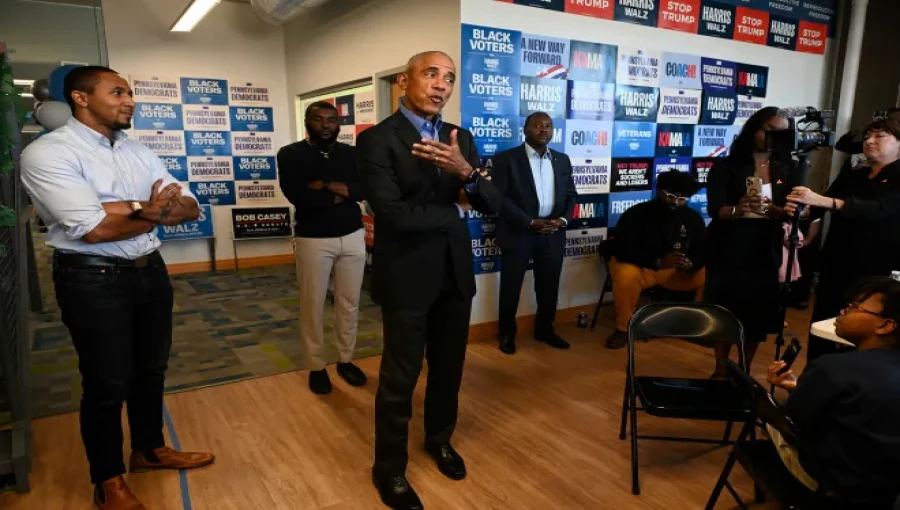









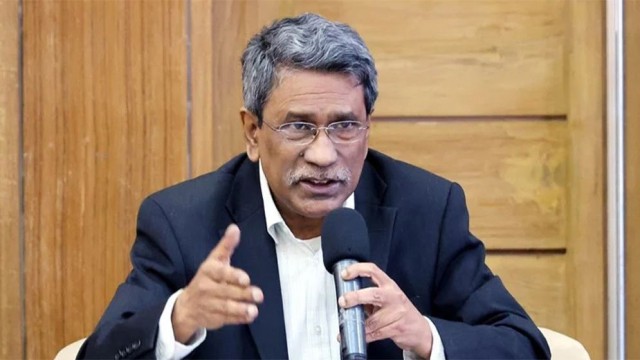


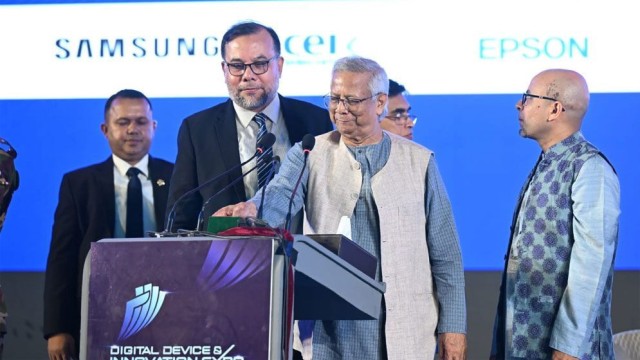
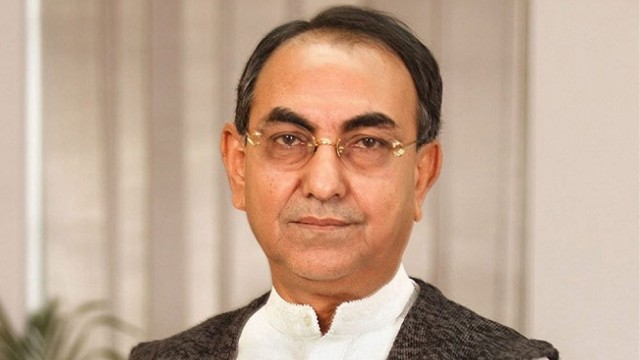
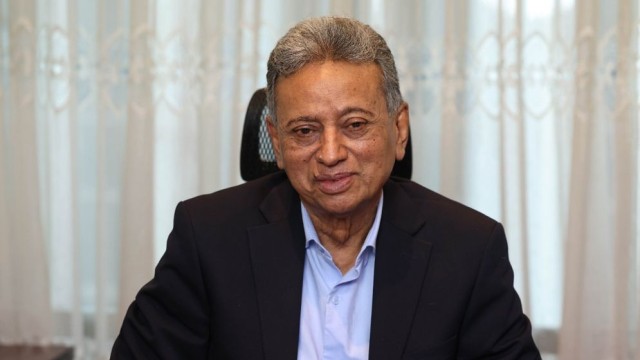
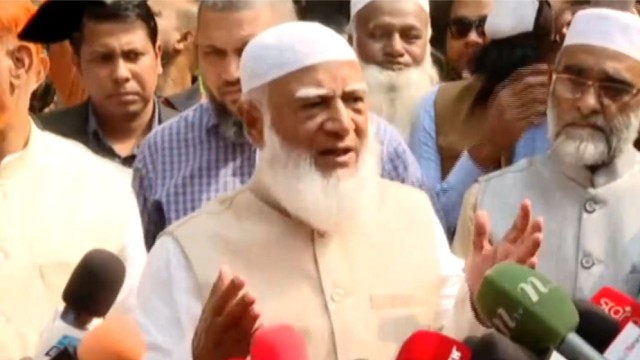

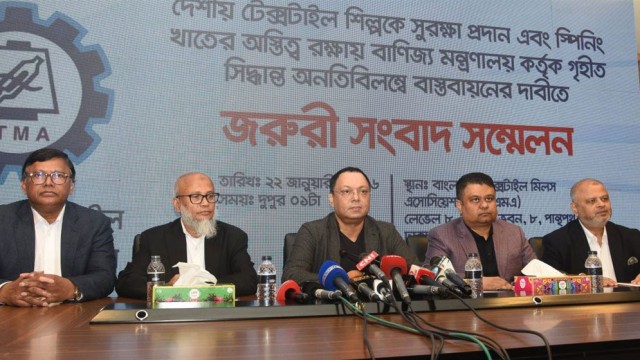





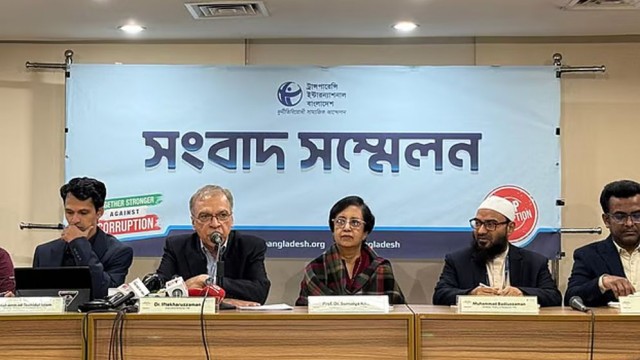



Comment: